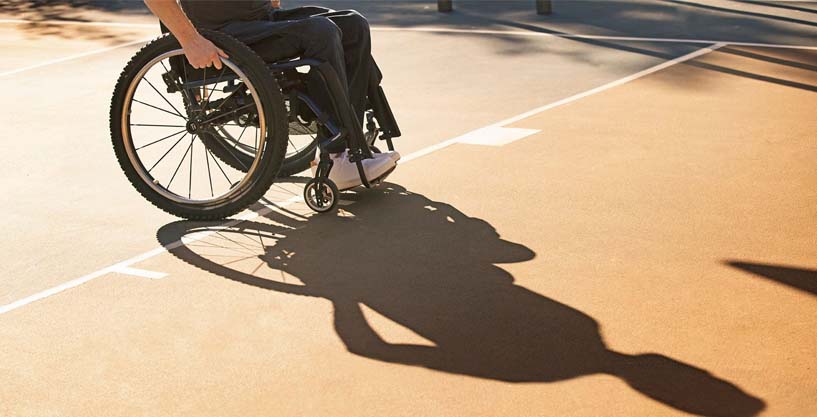Spinal Cord Injury & Mental Health
Periods of sadness are common after a spinal cord injury. However, this is different from experiencing depression after a spinal cord injury, which is a serious medical condition. Understanding the difference can help those living with a spinal cord injury to manage both.

Depression after spinal cord injury
The exact causes of depression are not completely known. However, we do know that life stresses and medical problems like spinal cord injury can cause a change in levels of certain brain chemicals called neurotransmitters. These chemical imbalances are linked to many physical and emotional changes that an SCI patient may experience.
The good news is that depression after a spinal cord injury can almost always be treated with counselling, antidepressant medications, physical activity, or a combination of any of these.
It’s important to remember that depression in spinal cord injury patients is not a given. As a matter of fact, most SCI patients do not experience depression. However, if you feel you are experiencing symptoms of depression, knowing that it is both treatable and beatable makes it easier to reach out to physicians, neurologists, psychiatrists, or others on your rehabilitation team who can start treatment or refer you to mental health professionals as needed.
If you’d like to talk to one of our SCI experts visit Navigator, our dedicated spinal cord injury support service. Once registered, you can contact your personal Navigator anytime via live chat, telephone, or email. Your Navigator can offer you one-to-one support and answer your questions about spinal cord injury and mental health. You’ll also benefit from our free and discreet worldwide delivery service for bowel and bladder management medical supplies.
